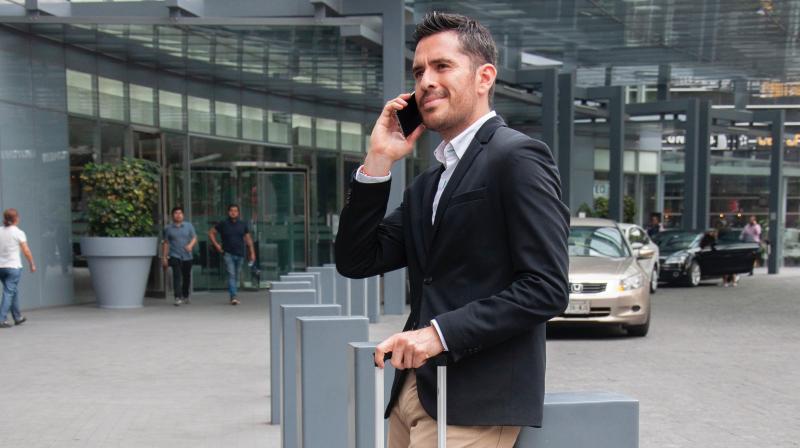How technology-driven tools and platforms have reinvented travel and hospitality

If you compare today’s travel and hospitality sector to previous incarnations, you’ll notice thattechnology has transformed how business gets conducted. It has eased the lives of travellers, service providers, aggregators and every single party involved in any stage of the travel process. Not to forget how efficient the entire system chain has become.
With the digitisation of the two spheres of hospitality and travel, the traveller now has access to various innovations that add a great deal of convenience to the overall experience. And where there is innovation, there is a strong flow of customers and profitability.
‘Big Data’ has been a game-changer for travel and hospitality. Travel portals, agents, hotels and BnBsuse this data not just to understand customers and target specific groups based on their interests.They also are revising pricing strategies based on the information accrued from this data.
Technology has advanced to such a level for the hospitality industry that it’s possible to skip the front desk procedure thereby saving a significant amount of time and manpower cost. Customers also have options to use digital room keys.
To enrich the customer experience significantly, hotels have actually gone a step further and integrated Virtual Reality (VR). Earlier, customers were forced to choose their rooms based on pictures alone. But now they can get a glimpse of what their room will look and feel like through VR displays even before they even check in.
Once customers check in, they do not need to manually interact with the concierge either. Using their mobile phones, they can access all their needs with simple clicks. Everything they need is at their fingertips. The lack of manual intervention enhances the experience and adds comfort to the lives of many a traveller during their vacations or business stays. Innovation is the name of the game, in the travel and tourism industry in terms of improving customer experience and reducing manpower at the same time.
Online travel planners from Mumbai have introduced a new technology that allows the traveller to create her itinerary based on specific interests. They also let them book tickets for local attractions through the hotel’s in-house app, thereby skipping the process of relying on an unreliable third party. Hotels in turn, can use the same app to map the interests of the customer and target him/her through specific campaigns. Thus, customers can do what they want and access any information they need at their convenience. Customer service has also become app-based instead of phone-call based. Travellers can place orders for food and other requirements on their apps and track real-time status of their orders.
In the age of smartphones, the less human engagement the better the customer experience. It’s ironic but its true. And such portals enable hotels and customers to engage less personally and more technologically, thus offering a win-win to all parties involved.
The hospitality industry, in particular, has benefitted greatly from the influx of technology into all of its practices. Through the use of technology, accommodation facilities are driving traffic to their own websites so that they do not have to pay a cut of every sale to a third party unit. And again, with the use of technology, they are allowing users to maintain a price parity with other hotels.
The most beautiful thing about technology is that it is ever-evolving, ever-morphing. This is why its influence will continue transforming the hotels and hospitality industry in the days, months, years and decades to come. This is a symbiotic relationship and a highly profitable one. Anyone in this sector who fails to adapt will get washed away in the wave.
By Abhas Desai,Co-founder, CTO, Taxidio Travel India.

